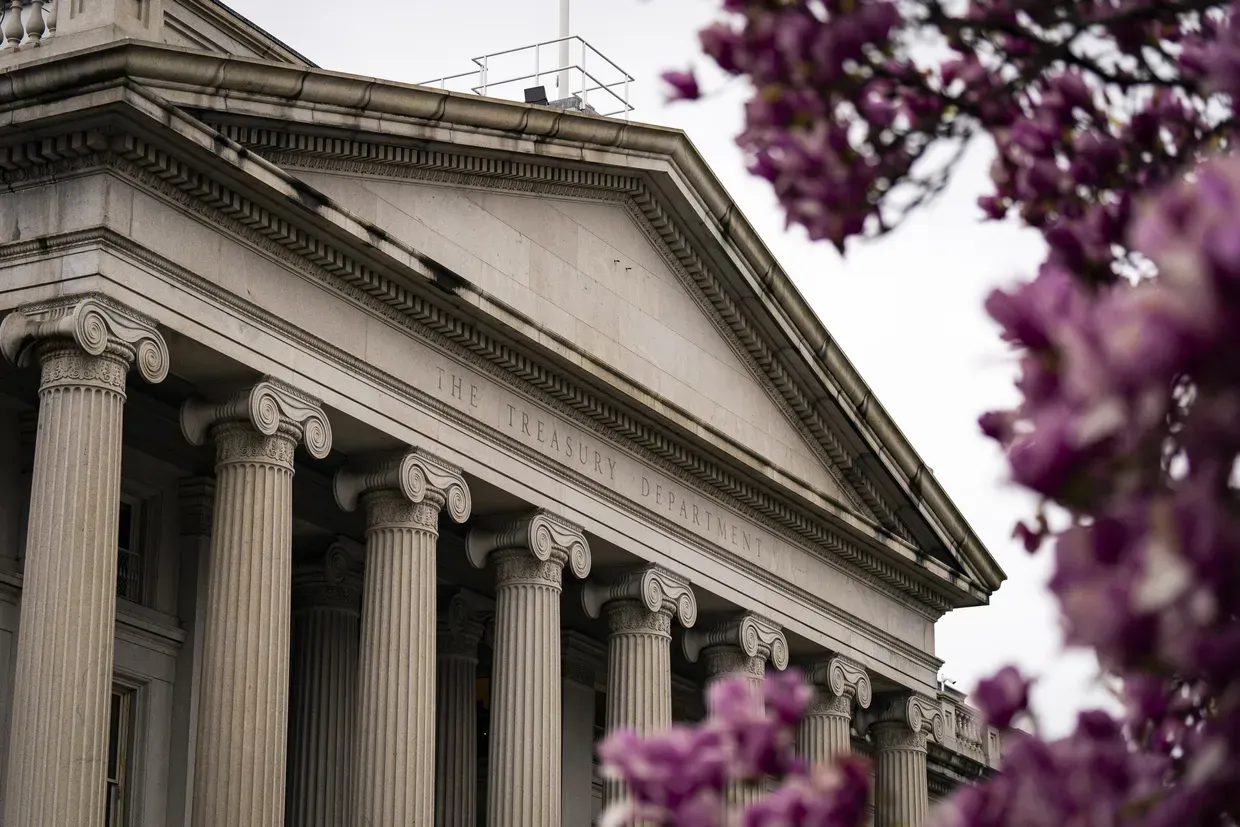Biden announces new aid package for Kyiv ahead of Ukraine's Independence Day.
Support independent journalism in Ukraine. Join us in this fight.
Become a member Support us just onceU.S. President Joe Biden held a call with his Ukrainian counterpart Volodymyr Zelensky on Aug.
23 and announced a new aid package on the eve of the Independence Day of Ukraine. The Associated Press reported the day before, citing unnamed American officials, that the U.S. was preparing to announce a military aid package worth about £125 million for Ukraine.
Biden did not disclose the amount of the new aid but mentioned that it would include air defense missiles, counter-drone equipment and anti-armor missiles, ammunition for front-line soldiers, and mobile rocket systems, according to the White House's statement. "Make no mistake: Russia will not prevail in this conflict. The independent people of Ukraine will prevail - and the United States, our allies, and our partners will continue to stand with them every step of the way," Biden said.
AP previously said that the package consisted of HIMARS (High Mobility Artillery Rocket System) missiles, Javelins, anti-armor weaponry, counter-drone and counter-electronic systems, and 155 mm and 105 mm artillery shells. On June 1, the U.S. gave Ukraine permission to use American-supplied weapons, including HIMARS rockets, to strike targets in Russia located near the border with Kharkiv Oblast, and over the past months, Ukraine's armed forces have used U.S.-supplied weapons to strike targets inside Russia. Washington still prohibits Ukraine from using ATACMS and other long-range U.S.-supplied weapons for strikes deeper inside Russia, according to U.S. officials.
The new military package will come from the Presidential Drawdown Authority, a mechanism that allows the president to deliver weaponry to allies from current U.S. stockpiles.
US targets around 400 individuals, entities in Russia, third countries in new sanctions package The U.S. Treasury Department imposed sanctions on around a dozen distinct networks, designating more than 100 targets across 16 jurisdictions, including China, Switzerland, Turkey, and the United Arab Emirates.
They help Russia to evade sanctions, the Treasury said.
